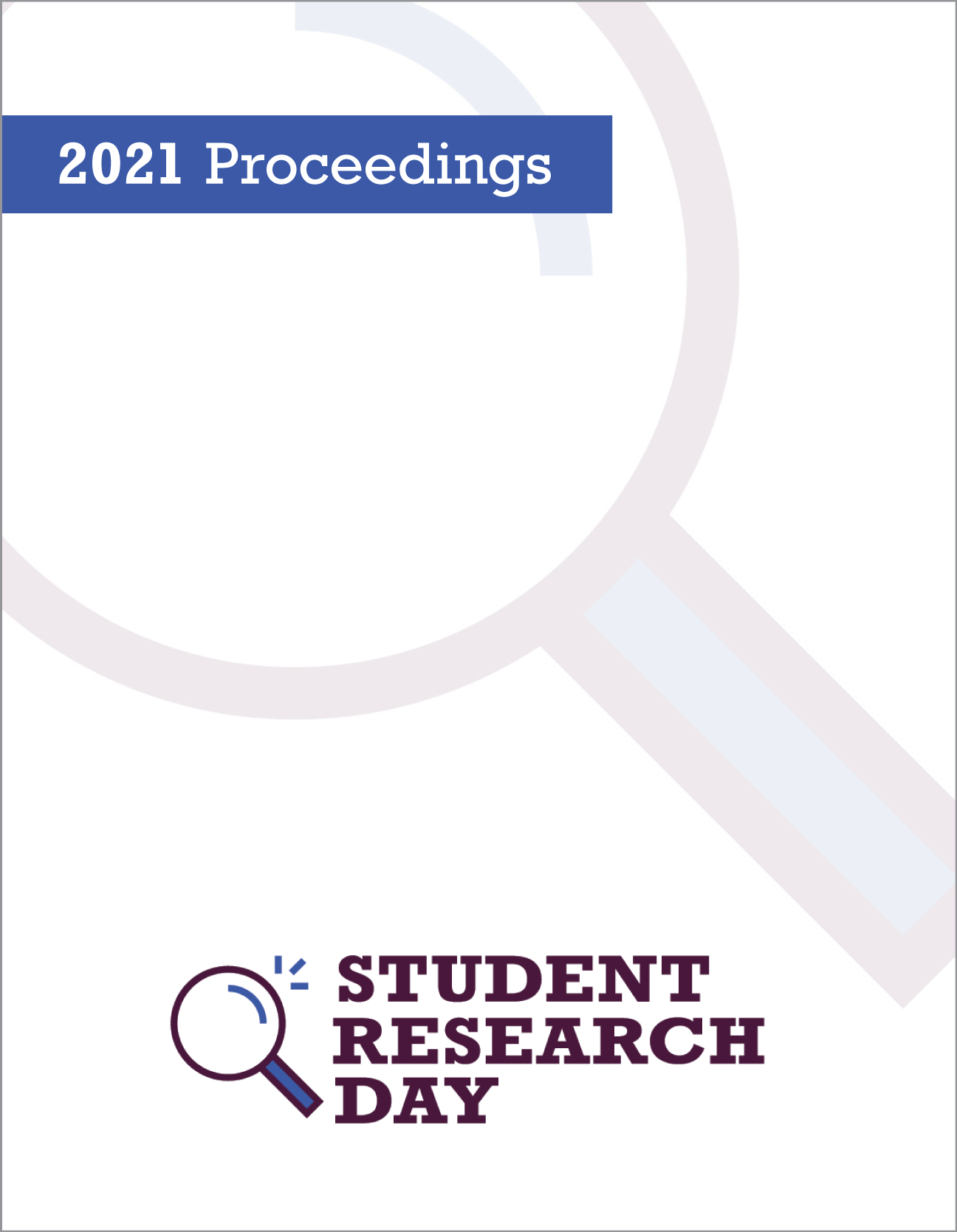Exploring How Agentic and Antagonistic Narcissism Affects Scene Recognition
Abstract
People have the ability to rapidly recognize visual scenes, even when they cannot recognize individual objects within the scene itself. This is supported by global properties of the scene (e.g., scene background) rather than the objects within the scene (e.g., fine grained details). However, the information an individual remembers and attends to within a scene (e.g., people vs. objects) may differ based on their narcissistic tendencies. Previous research has shown that grandiose narcissists have an analytic perceptual style, such that they are better at disembedding visual information from its context than non-narcissists. Here, we focused on agentic narcissists (i.e., those who use self-promoting strategies to obtain social admiration) and antagonistic narcissists (i.e., those who use self-protection strategies to prevent social failure) ability to remember information in scenes. In Study 1, we examined whether agentic and antagonistic narcissists have a better memory for indoor scenes (with or without people) compared to their non-narcissistic counterparts. In Study 2, we investigated narcissists' ability to remember details from scenes (i.e., background objects vs. foreground objects; people vs. objects). Participants completed a basic recognition memory paradigm for the scenes itself (Study 1) or specific details within the scene (Study 2). Individuals high in narcissistic admiration better remembered scenes containing people and exhibited a preference for objects located in the foreground compared to those low in narcissistic admiration. These findings were unrelated to narcissists’ analytic perceptual style, however. This research helps identify how narcissists perceive and organize information in their environment and how it differs from their less narcissistic counterparts.
Department: Psychology
Faculty Mentor: Dr. Miranda Giacomin
References
Published
Issue
Section
License
Authors retain any and all existing copyright to works contributed to these proceedings.



